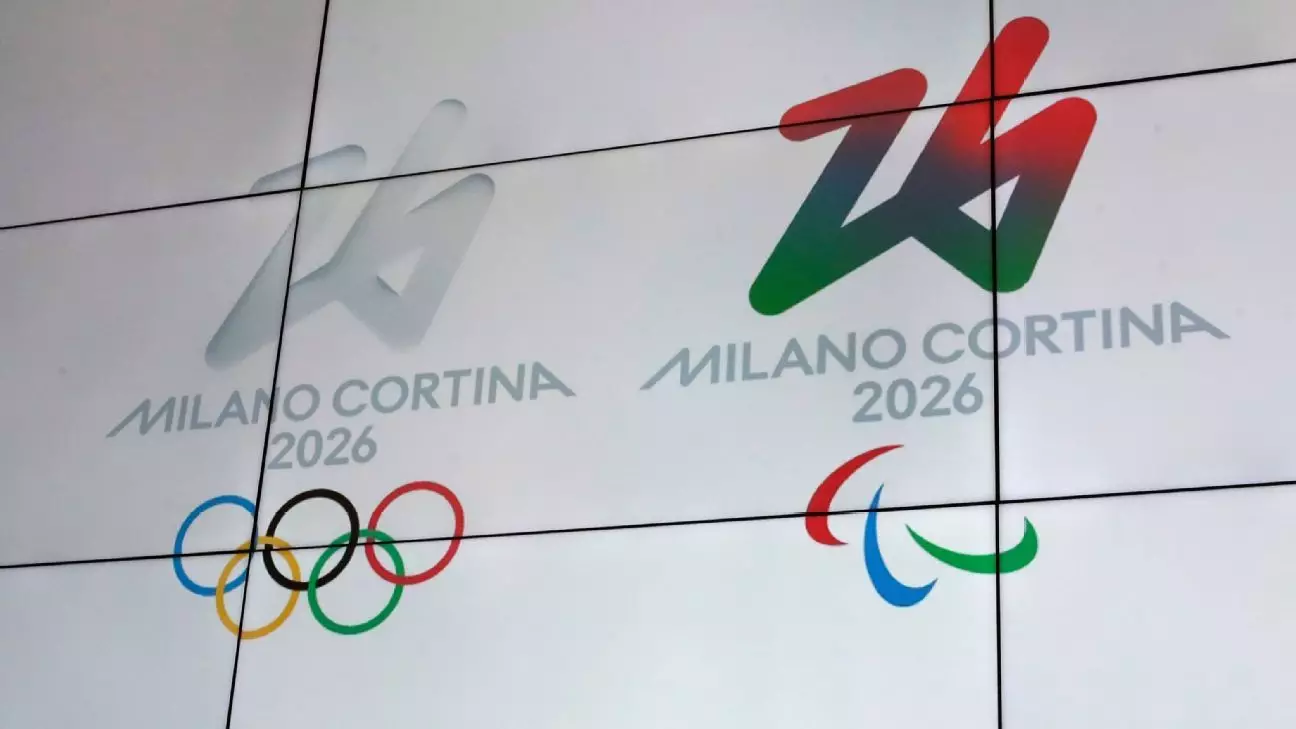The recent announcement that NHL players will participate in the 2026 Milan-Cortina Olympics marks a pivotal turning point for international ice hockey. After nearly a decade of absence, the sport finally reclaims its place on the grandest global stage. This decision signifies more than just a return; it embodies a strategic move to elevate the sport’s profile worldwide. While some may see it as a routine agreement, the significance lies in the willingness of powerful stakeholders— the NHL, NHLPA, IIHF, and IOC — to come together after long-standing negotiations. Their collaboration reflects a recognition that hockey’s reach can expand beyond the NHL playoffs and Stanley Cup finals, embracing a truly global audience.
The Power of the ‘Best-on-Best’ Narrative
The Olympics have historically been the ultimate showcase of international hockey talent. The NHL’s participation revives this narrative by bringing the league’s top-tier talent to compete against the best international players. Commissioner Bettman’s enthusiasm underscores this aspect — emphasizing how Olympic participation elevates the game’s aesthetics and exposes global fans to high-quality competition. It’s a win-win: players gain a historic stage, fans are treated to extraordinary moments, and the sport garners new enthusiasm. This move cautiously but clearly attempts to reignite the mythos of Olympic hockey, which has waned during NHL absences. It’s a strategic attempt to reimagine international competition as not just a tournament but an event brimming with stars.
Marketability and Global Growth
Integrating NHL players into the Olympics opens uncharted avenues for marketing, broadcasting, and growth. The league’s return signals confidence in the long-term potential of hockey’s global expansion. International fans crave star power, and the involvement of NHL players ensures that the event will be front and center in global media coverage. Moreover, as the sport’s popularity continues to burgeon in countries like China, South Korea, and across Europe, the Olympics serve as a vital platform to cultivate new fanbases. This collaboration hints at a broader vision: leveraging the Olympics not only to showcase elite athleticism but to position hockey as an indispensable part of global sports culture.
Challenges and Cultural Significance
Despite the optimism, the return is not without hurdles. The delay in finalizing the deal highlighted underlying tensions—concerns over player fatigue, calendar conflicts, and potential conflicts with NHL season commitments. Yet, the willingness to compromise underscores a broader cultural shift in the sport’s ecosystem. Hockey’s return to the Olympics awakens a collective sense of pride, connecting past glories with future aspirations. The national pride surrounding teams in Milan-Cortina will reignite international rivalries, fostering a sense of tradition and renewal. It reminds us that beyond the business motives, hockey is fundamentally a sport rooted in passion and national identity.
A Bright Future or a Fleeting Moment?
While optimism runs high, the true test will be whether this engagement sustains beyond 2026. The agreement hints at a possible continuation in 2030, reflecting strategic foresight. However, the long-term success depends on consistent collaboration among stakeholders and continuous growth in international markets. The Olympics, while a prestigious platform, are only a part of a broader vision to globalize hockey. If capitalized effectively, this reunion could redefine international sports entertainment, elevating hockey’s status to new heights and invigorating a generation of fans eager for top-level competition. The 2026 Olympics might well become the turning point that irrevocably reshapes hockey’s future on the world stage.


Leave a Reply